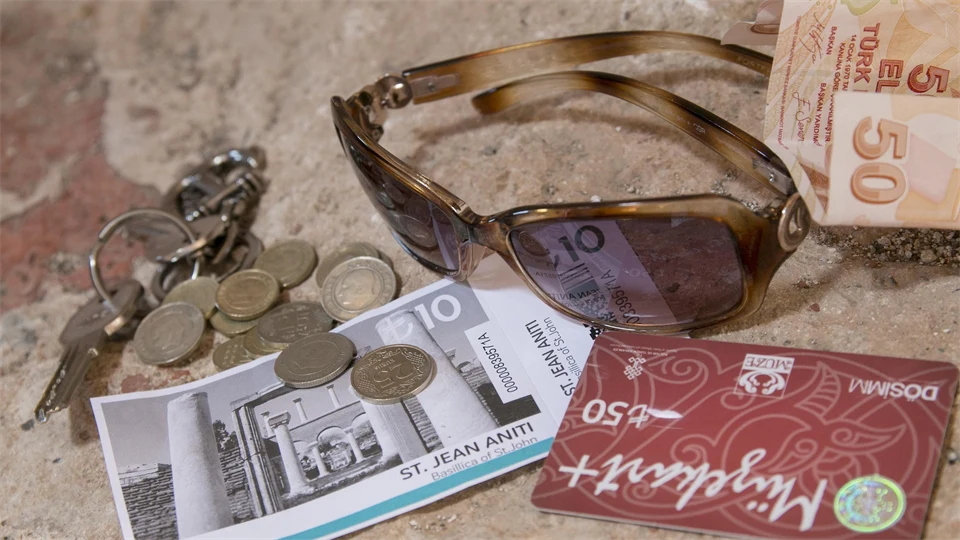Can a tourist tax be the right way to ensure sustainable tourism?
Over the next three years, researchers from eight European tourism research institutes will collaborate in a new development project to study the controversial issue of tourist tax and similar charges. In Sweden, the work is led by the tourism research centre ETOUR at Mid Sweden University.
"The issue is highly topical and we see, for example, that several Swedish municipalities, especially popular tourist destinations, have proposed local tourist taxes to handle the influx of visitors and finance improvements to the infrastructure. The development leads to an intense debate among decision-makers, industry representatives and environmental groups," says Lovisa Högberg, Mid Sweden University's project manager for the RETURN project.*
The debate reflects the challenges of balancing economic growth, overtourism, environmental sustainability and a range of other health issues that are in line with the UN's 2030 Agenda. Organizations such as Visita have warned that extra taxes could deter tourists and negatively affect the tourism industry. Conversely, environmental advocates express concern that recent political decisions, such as the abolition of the aviation tax, undermine Sweden's climate goals.
One of the objectives of RETURN is to find new models for the transfer of tourism revenues – including various tourist taxes, visitor allowances and voluntary payments – to ensure that the economic benefits of tourism contribute directly to the common good of the host communities.
"We want to increase knowledge about how tourism revenues can be used to improve the environment, adapt to climate change and strengthen cultural heritage. In this way, we want to help municipalities, authorities and other bodies to create transparent and effective mechanisms that ensure that the benefits of tourism are shared fairly and that promote a sense of participation and accountability among tourists," says Robert Pettersson, director for ETOUR at Mid Sweden University.
The project, which will run for three years, will start on 1 April 2025 and is funded by the EU's Interreg programme, The Northern Periphery and Arctic (NPA), with just over SEK 18 million.
In RETURN, leading tourism experts from Iceland, Greenland, the Faroe Islands, Sweden, Norway, Ireland, Scotland and Finland collaborate with tourism and environmental organisations on sustainable models for the future of tourism in Northern Europe. The work is led by the University of Lapland in Rovaniemi.
"Tourism has great potential to be a long-term livelihood for northern communities, but it needs systems that ensure that tourism supports local communities and protects the natural environment. mutually beneficial partnership between visitors and host destinations," says initiator Ari Laakso, Science Communicator at the Arctic Centre, University of Lapland.
* RETURN – abbreviation for Regenerative Economic Transfers for Universal Resilience in the North
Contact person:
Lovisa Högberg, Mid Sweden University's project manager within the RETURN project, 010-142 80 41, lovisa.hogberg@miun.se
Contact

